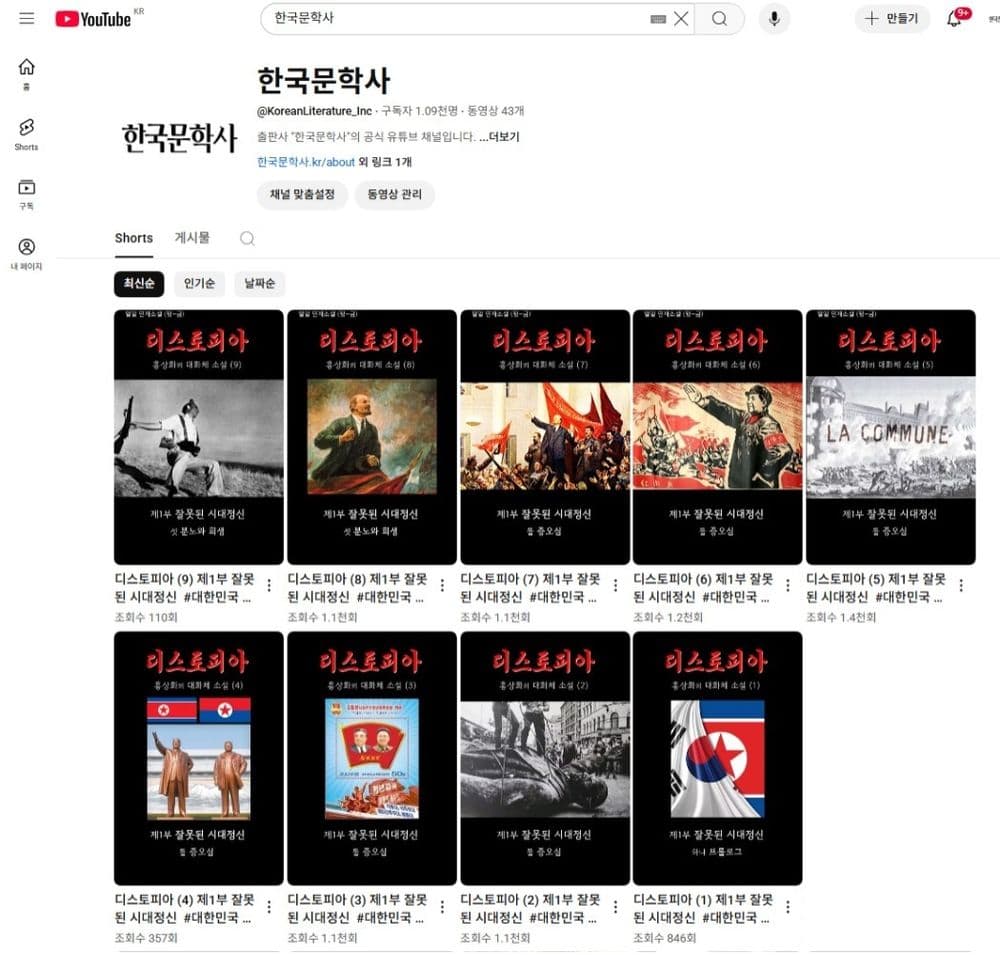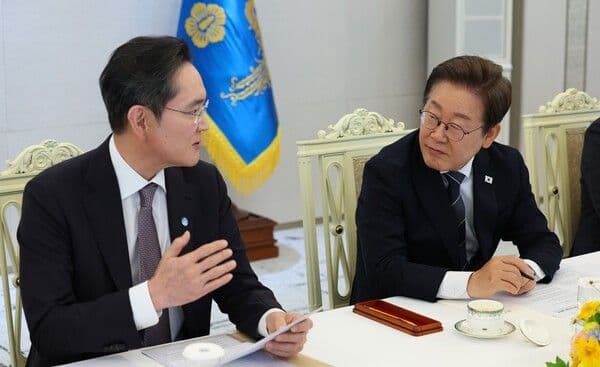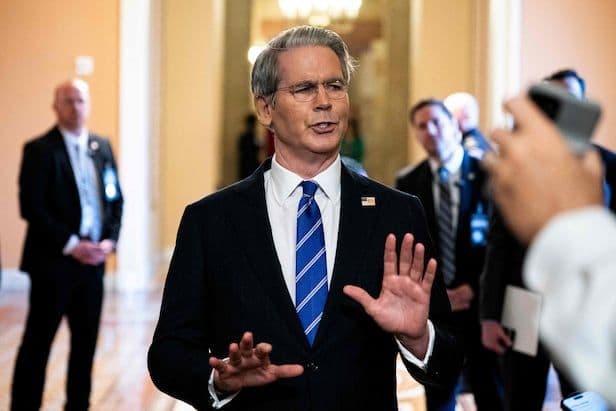A 20-Year-Old Korean Novel Returns as Daily YouTube Shorts: What's the Buzz About Dystopia?

When a Novel Goes Viral on YouTube
Can literature truly find new life on a platform known for dance challenges and cooking hacks? The answer is yes, and it's happening right now in South Korea. Hong Sang-hwa's Dystopia, a dialogue-driven novel that caused a sensation when it first appeared in the literary magazine Korean Literature back in 2005, has been transformed into YouTube Shorts and is being released daily on the Korean Literature Publishing channel.
This isn't just any novel getting the digital treatment. Dystopia originally sparked fierce conversations among Korean intellectuals and opinion leaders two decades ago with its critical examination of ideological tensions in Korean society. The novel follows a fictional novelist engaging in reflective dialogues with professors, writers, and other intellectuals, exploring the roots of leftist thought in South Korea through philosophy, psychology, sociology, and historical perspectives.
Starting from July 1, 2025, the YouTube Shorts series has been uploading episodes every weekday, Monday through Friday, creating a unique daily literary experience. Each episode pairs the novel's content with carefully selected video materials that enhance understanding and engagement. With a total of 120 episodes planned, the series is scheduled to run through the end of 2025.
Why Bring Back a 20-Year-Old Story Now

The decision to revive Dystopia wasn't made lightly. According to Korean Literature Publishing, the motivation stems from concerns that the ideological dangers the author warned about 20 years ago remain relevant today. The publisher stated they wanted to ensure that the mistakes of the past would not be repeated, making this adaptation particularly timely.
Author Hong Sang-hwa wrote the original novel after participating in the 2005 Inter-Korean Writers Conference as a member of the Korean delegation. Witnessing what he perceived as dangerous flattery toward North Korea and its Juche ideology among some literary figures, he felt compelled to issue a sincere warning about the leftward shift of progressive intellectuals and democratization forces in South Korea.
The novel's structure is deliberately reminiscent of Thomas More's Utopia, using dialogue format to present complex ideas accessibly. Through conversations between the protagonist novelist and various intellectuals, the work examines Korean society's ideological landscape from multiple angles, incorporating insights from Korean modern history and global historical contexts. This multidimensional approach made it particularly impactful when it first appeared, garnering significant media attention and becoming a hot topic among key opinion leaders.
From Pages to Screens: The Digital Adaptation
Finding the YouTube Shorts series is straightforward. Simply search for Korean Literature Publishing on YouTube, and the entire collection of episodes becomes available. The serialization format, releasing one episode per weekday, creates an anticipation similar to following a favorite TV drama, except this time it's literature.
What makes this adaptation particularly effective is how each short video combines the novel's text with relevant visual materials. This multimedia approach significantly enhances both concentration and comprehension, making complex philosophical and political discussions more accessible to viewers who might find dense literary text intimidating. The format transforms what could have been a challenging read into bite-sized, visually engaging content perfect for mobile consumption.
As of late July 2025, the series had already released 19 episodes starting with the prologue of Part 1: The Wrong Spirit of the Times. Reader and viewer responses have been building, with many expressing appreciation for making serious literary content available in such an accessible format. The daily release schedule has helped build a dedicated following, with viewers returning regularly to follow the unfolding narrative.
Cultural Context: Why This Matters to Korean Audiences
To understand why Dystopia continues to resonate, it's essential to grasp its original context. When Hong Sang-hwa first published the work in 2005, South Korea was navigating complex political and ideological terrain. The novel emerged during a period when debates about North-South relations, progressive politics, and national identity were particularly heated.
The author, who studied economics at Seoul National University and began his literary career in 1989 with the novel Blood and Fire, has consistently engaged with social and political themes. He received the Lee Su Literary Award in 2005 for his novel Camellia Flower. His willingness to critique what he viewed as dangerous ideological trends, even within his own literary community, made Dystopia controversial but also deeply respected in certain circles.
The 2015 republication of Dystopia as part of Korean Literature Publishing's Small Book Series marked the novel's 10th anniversary, and the author emphasized in his afterword that the dangers he warned about remained present. Now, another decade later, the YouTube Shorts adaptation introduces these ideas to a new generation, including younger viewers who may not have been aware of the original publication. The format also makes the work accessible to international audiences curious about Korean political and literary discourse, offering insight into debates that continue to shape contemporary Korean society.
Discover More

Why Is Korea's President Meeting Samsung's Chairman Over Dinner?
President Lee Jae-myung held a dinner meeting with Samsung Chairman Lee Jae-yong on July 24, 2025, amid crucial US-Korea tariff negotiations. This marked the latest in a series of meetings with major Korean business leaders as the August 1 tariff deadline approached.

Why Did Scott Bessent Cancel the Korea-US Trade Talks at the Last Minute?
The critical 2+2 ministerial meeting between Korea and the US was abruptly postponed just one hour before departure, leaving Korean officials stranded at the airport while Bessent headed to Stockholm for China trade negotiations instead.